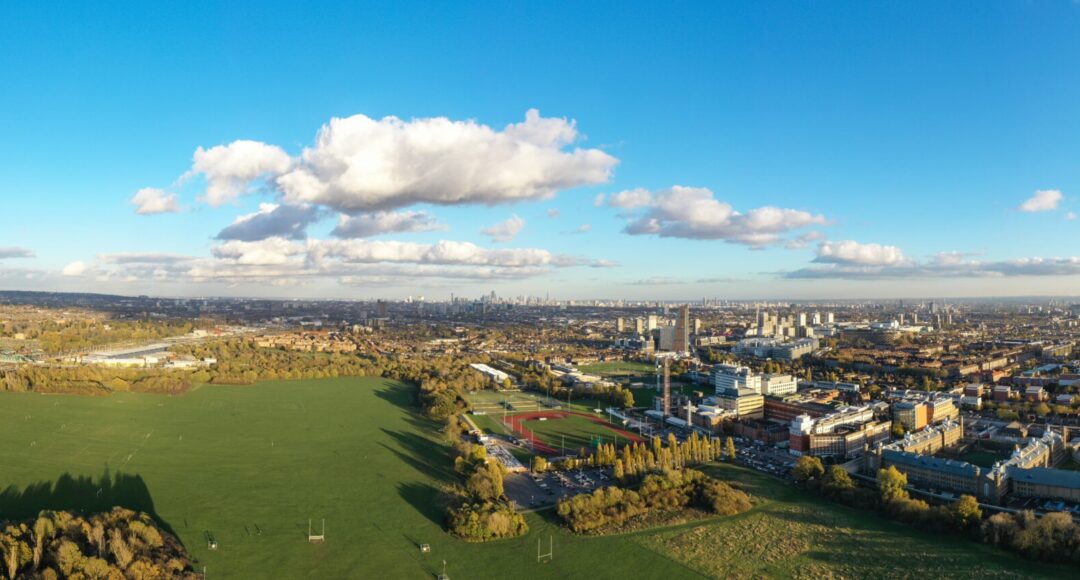We work closely with our clients to make sure we’re focused on reducing our energy use and choosing cleaner, more cost-effective ways of doing things. This might including integrating new technology into the business, such as robotic mowers, which use substantially less energy than traditional machines.
Where we can use rechargeable electric power, we do. On many of our contracts, we have agreed energy-saving and green targets, and we are always looking for ways to deliver the results our client wants in the most efficient way.
For example, we encourage our clients to look at managing their parks, verges and open spaces as sustainably as possible. In many cases, this means reducing mowing. So rather than a regime of frequent mowing, which uses a lot of energy, there may be times where we don’t mow at all. And of course, as well as the energy savings, this has a positive impact on local biodiversity and healthier natural surroundings.
At idverde, we’ll continue to look for ways to manage our energy use more efficiently, work with our partners to improve energy practices and share our thoughts and ideas to see where else we can improve.


